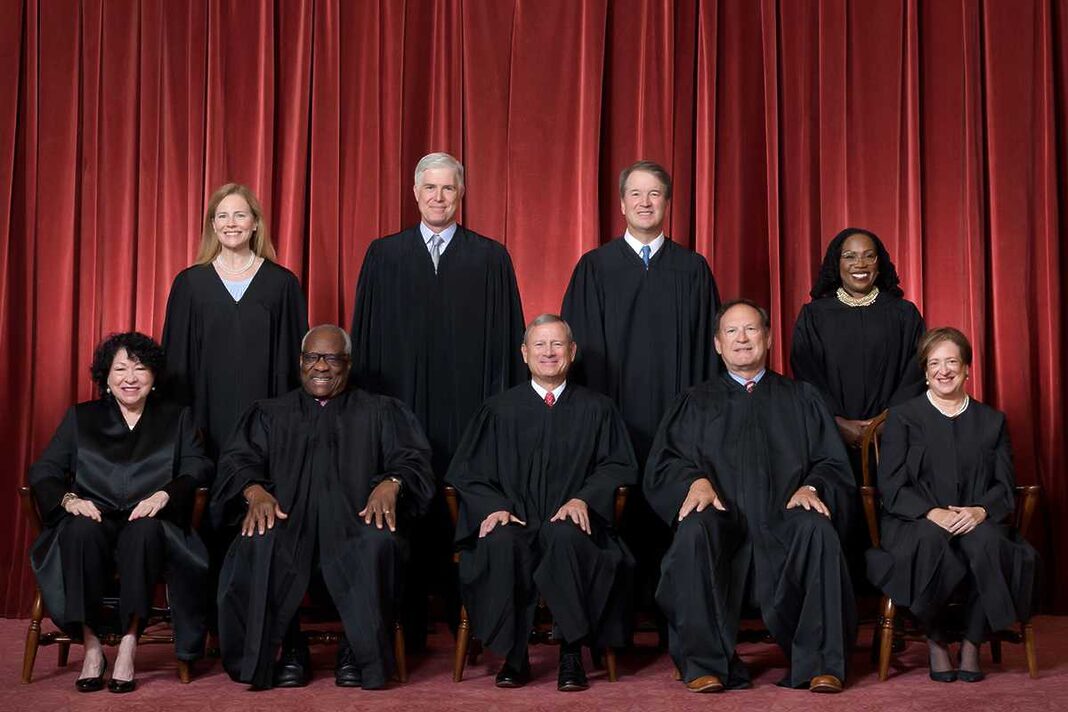The Supreme Court agreed to review the corruption convictions of Joe Percoco, formerly a longtime aide to former New York Gov. Andrew Cuomo in a case that may call into question the legality of honest-services fraud prosecutions.
Over the opposition of the Biden administration, the high court decided June 30 to hear Percoco v. United States, court file 21-1158. As is their custom, the justices did not provide reasons for their decision to accept the case.
Percoco was convicted in 2018 on two counts of conspiracy to commit honest-services fraud for taking in upwards of $300,000 from companies that hoped to gain influence with the Cuomo administration. He was sentenced to six years in prison but was released two years early in 2021.
Percoco had been executive deputy secretary in the governor’s office, but at the time of the payments the government characterized as bribes, he had temporarily stepped down from the position to run Cuomo’s reelection campaign.
The Biden administration states in a brief (pdf) that despite formally leaving state employment, Percoco “held onto and used his [governor’s office] telephone, desk, and office, where he continued to conduct state business.” Percoco made it clear he “had a guaranteed position with Cuomo’s administration after the election.”
Percoco claims innocence, arguing that because he was not a government official at the time he accepted the funds, no corruption was involved.
Percoco attacks the idea of honest-services fraud in the petition (pdf) he filed with the high court on Feb. 17.
Fiduciary Obligation
Public officials have what lawyers call a fiduciary obligation “to act in the best interests of the public, while private citizens do not,” the petition states.
“When a public official accepts money to convince the government to do something, we call him a crook. But when a private citizen accepts money to convince the government to do something, we call him a lobbyist.”








